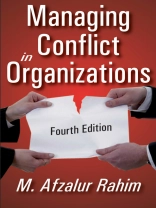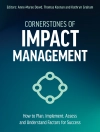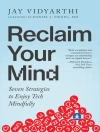After much debate by business professionals, organizational conflict is now considered normal and legitimate; it may even be a positive indicator of effective organizational management. Within certain limits, conflict can be essential to productivity. This book contributes to the investigation of organizational conflict by analyzing its origins, forms, benefits, and consequences.
Conflict has benefits: it may lead to solutions to problems, creativity, and innovation. In contrast, little or no conflict in organizations may lead to stagnation, poor decisions, and ineffectiveness. Managing Conflict in Organizations is a vigorous analysis of the rational application of conflict theory in organizations.
Conflict is inevitable among humans. It is a natural outcome of human interaction that begins when two or more social entities engage one another while striving to attain their own objectives. Relationships among people or organizations become incompatible or inconsistent when two or more of them desire a similar resource that is in short supply; when they do not share behavioral preferences regarding their joint action; or when they have different attitudes, values, beliefs, and skills. This book examines these root causes of organizational conflict and offers constructive perspectives on its consequences.
Mengenai Pengarang
M. Afzalur Rahim is University Distinguished Professor of Management and Hays Watkins Research Fellow at Western Kentucky University. He is the founder of the International Journal of Organizational Analysis and the International Journal of Conflict Management, the editor of Transaction’s book series Current Topics in Management, and author of twenty books.








